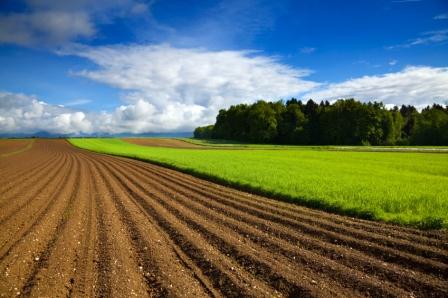Position of the European Starch Industry Association (AAF) on voluntary coupled support in the framework of the European Commission’s proposal for a Regulation on Direct Payments.
According to the Commission’s proposal, Member States may grant coupled support to farmers producing starch potatoes (article 38).
AAF believes it is of utmost importance that – in cases where such coupled support is granted – the applicable conditions are closely scrutinised by the EU Institutions to ensure fair competition across Europe between starch potato farmers and between the factories they supply their potatoes to.
- AAF calls on the European Parliament and the Member States to recognise the specificities of the potato starch sector by paying particular attention to potential competition issues in case Member States use Article 38 to re-couple support to starch potatoes.
Starch potatoes are one of the three main raw materials used by the European starch industry. Every year, the European starch industry processes 7 million tons of starch potatoes delivered by around 15 000 farms (representing three quarters of the world production). Potato starch is used in many food and non-food applications, such as plant-based chemistry (e.g. bio-plastics).
Safeguarding the production and processing of starch potatoes in the EU entails a number of environmental, economic and societal benefits:
- Starch potatoes may grow in sandy soils, where no other financially attractive crops can be grown. They integrate perfectly into crop rotation systems;
- Starch potatoes are often grown in disadvantaged rural areas, where they may present the only profitable crop option for farmers. Without starch potatoes, many farms would no longer be economically viable to operate and would be forced to close;
- Starch potatoes have the highest starch yields per hectare while having a low water and carbon footprint;
- Potato starch has a great potential in innovative bio-based products. They are increasingly used in plant-based chemistry applications, in particular in bio-plastics. Industry’s R&D needs time to achieve a bio-economy that uses starch potatoes. We are at the beginning of this process.
By July 2012, all EU support and market instruments for the current potato starch regime will end. This will confront the sector to the global free market – a challenge for which the sector is not yet entirely prepared.
In order to help the sector respond to this challenge the introduction of voluntary coupled support for starch potato in Member States can be a suitable measure, provided that it does not distort competition between economic players. The best way would be a scheme which supports bio-based products and which is applied in the same way in all producing Member States.

